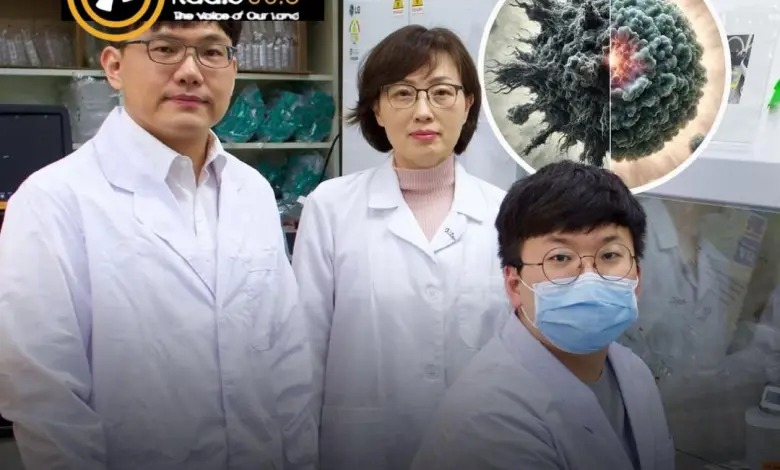
Follow WOWNEWS 24x7 on:
Updated: June 17, 2025 08:26

In a landmark finding, South Korean researchers have discovered how to reprogram cancer cells into normal tissue without chemotherapy or radiation. The new technique, applied to colorectal cancer, could transform cancer therapy by shifting from devastation to rejuvenation.
How the Breakthrough Works
Researchers at the Korea Advanced Institute of Science and Technology (KAIST) used a computer model called BENEIN to map gene relationships between cancer cells
The top three genes that play the most critical regulatory roles—MYB, HDAC2, and FOXA2—are determined in this research to specify a cell's malignancy or non-malignancy
By turning off these genes, researchers managed to inhibit cancer cell growth and induce normal-like behavior
Lab and Animal Test Results
The method was also tested on human colorectal cancer cells, which revealed a dramatic loss of tumor growth
When treated cells were implanted in mice, the developed tumors were less malignant and smaller compared to untreated controls
Gene expression confirmed that reprogrammed cells exhibited features of normal intestine tissue, suppressing cancer-related pathways
Future Outlook and Challenges
Scientists believe that the process can be adapted for other cancers, an alternative option less invasive than current treatments
Long-term stability of reprogrammed cells remains a challenge, additional studies required
If clinically established, this approach could revolutionize cancer treatment from destruction to reprogramming with fewer side effects
Sources: MSN, Business Today, Moneycontrol, OncoDaily.



